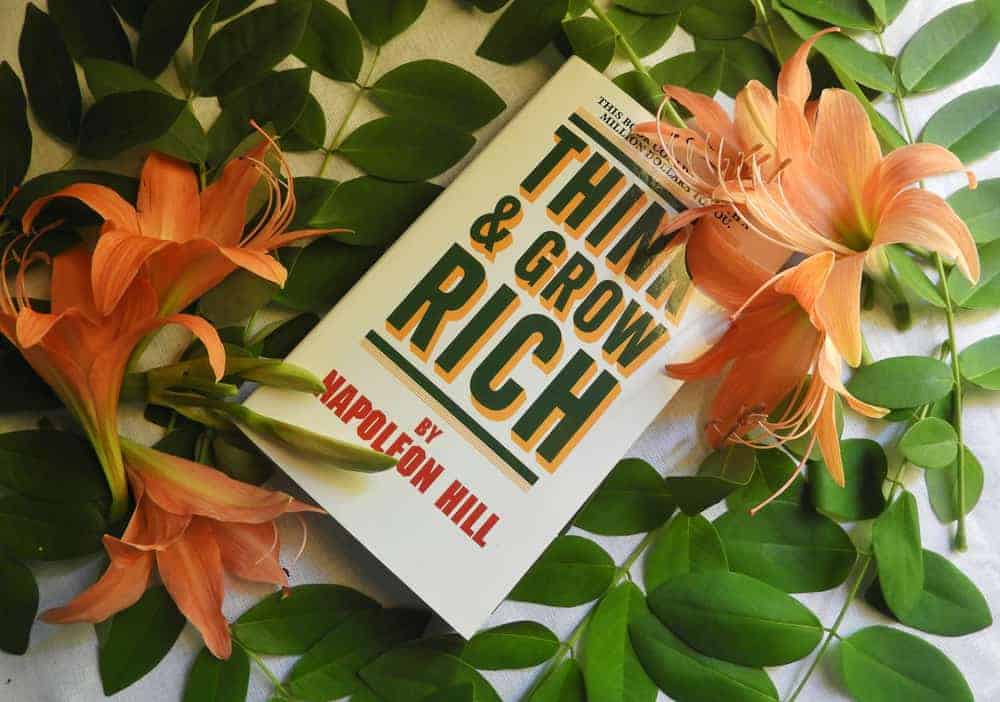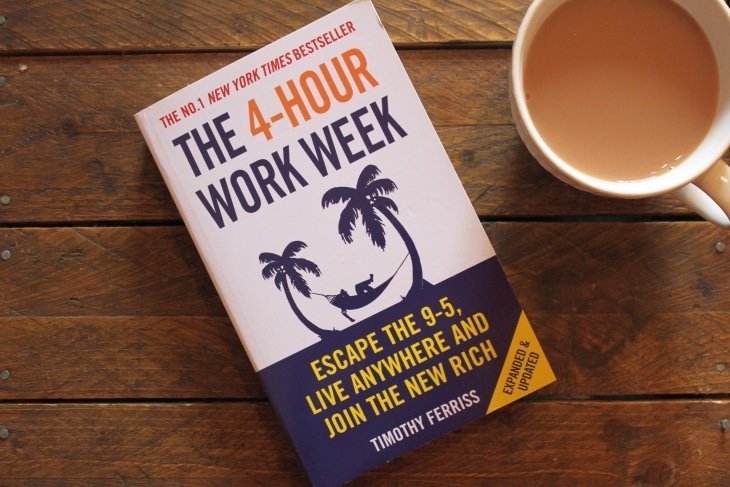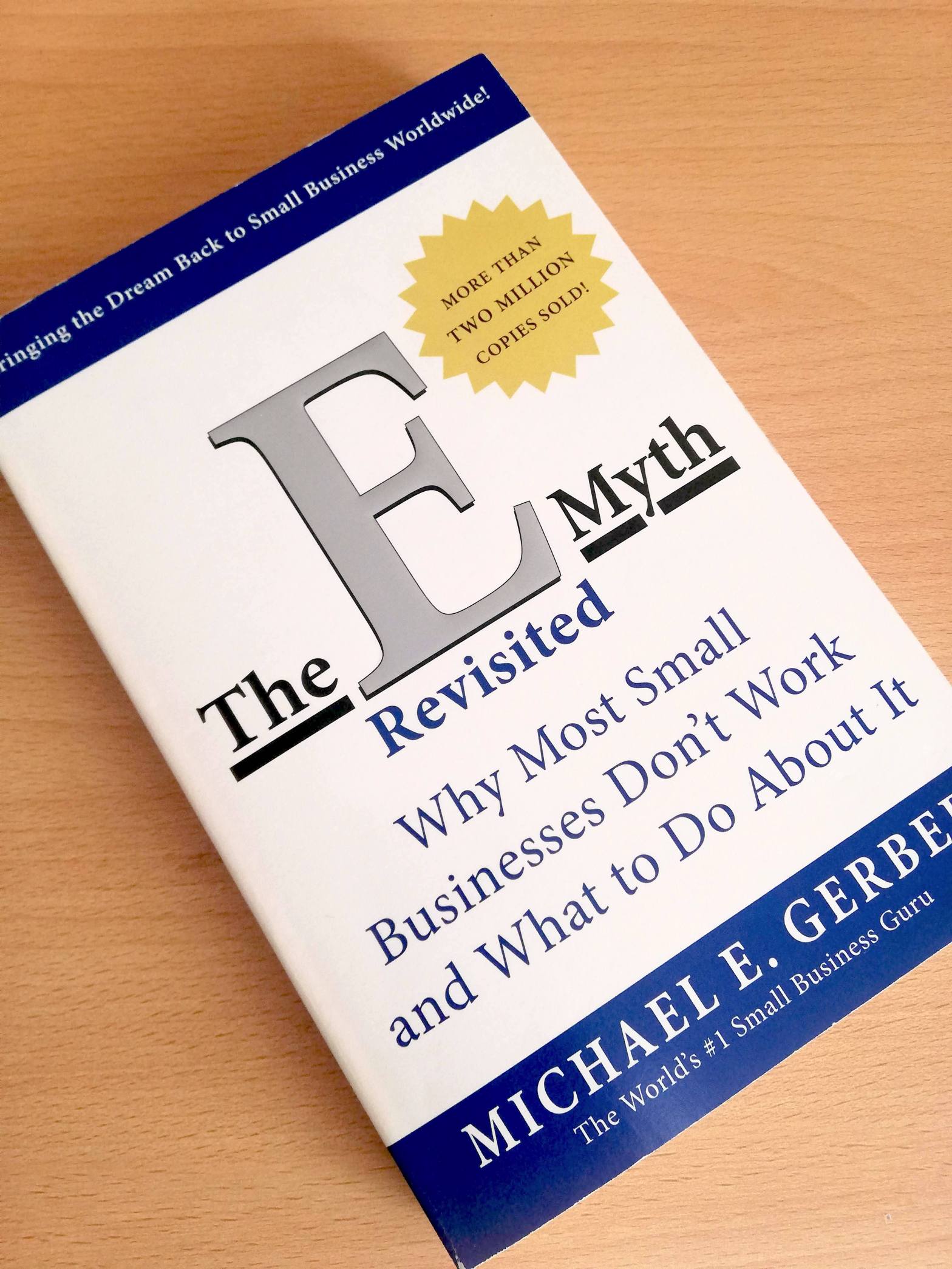An excellent business book contains specific lessons and ideas gleaned from the experiences of individuals who have been where we are now, and who are currently where we aspire to be. Business books have the ability to offer us things, tactics, and concepts that we might not have thought of otherwise. Furthermore, business books are written by those who have gone before us, and we can gain from their experiences by reading them.
Insights that will motivate you to shift your perspective, pivot, expand your business, and increase not only your audience but also your revenue.
Here are the seven best business books for entrepreneurs and executives at all levels of their careers.
1. Think and Grow Rich by Napoleon Hill
“Think and Grow Rich” may be summarised in one sentence: This book attempts to explain why some people become extremely wealthy while others struggle to make ends meet. This has always been the go-to book for folks who desire to acquire wealth since it was first published in 1937.

It is one of the very first books written in the disciplines of self-help and money accumulation, which has contributed to its success. You may buy this book out of curiosity because it has sold over 100 million copies worldwide and is frequently touted by wealth gurus.
2. Company of One: Why Staying Small is the Next Big Thing for Business by Paul Jarvis
Paul Jarvis, author and veteran solopreneur, breaks down his practical philosophy (and actionable strategy) to developing a self-funded, profitable, and pleasant business that delivers the lifestyle you want to live in this book. Company of One is a refreshing path for entrepreneurs to focus on building a purposeful, single-person business that is designed to last in a world overflowing with business advice or blogging tips that tell entrepreneurs to launch a “fast-growing” startup, get investor funding, and aim for billions in revenue or focus on the money.

Paul’s central message, which has been translated into 15 languages and counting, is that the real key to creating a richer and more fulfilling work-life may be to work for yourself, set your own hours, and become a (more profitable) company of one, rather than scaling your ambitions to become a massive corporation.
3. The Way of Art by Stephen Zeifman
THE WAY OF ART is a live recording from New York City’s Theater of the Open Eye. Joseph Campbell, a renowned mythologist, discusses the mystic and artist paths, mythology and metaphor, and the essence of the aesthetic experience.

Stephen Zeifman, a studio artist and art history instructor who founded Mill Road Studio, talks about his unique approach to art. He talks about being an artist and the significance of having a focus that is driven by the challenges of engaging in a creative practice rather than by profit.
The book takes the reader on a personal journey as if they were visiting a large exhibition, with each chapter serving as a new hall of discovery and exploration.
4. Lean In: Women, Work, and the Will to Lead by Sheryl Sandberg
For good cause, this game-changing book became a worldwide bestseller. Sheryl Sandberg, the author of Lean In and the current Chief Operating Officer of Facebook, has spent decades climbing the corporate ladder and becoming an executive at successful technological businesses while juggling family life.

This book is near the top of my list of the best business books of the year because its themes cover everything from how to find a mentor in the workplace to negotiate for what you want, voicing your opinion, becoming a leader in your organization, forging an equal partnership in your home life, and what true equality in the workplace should look like.
5. The 4-Hour Workweek by Timothy Ferriss
In four steps, the author tries to persuade the reader to adopt his working lifestyle. To begin, I must state that this book is written at a very low reading level and has a great deal of unnecessary fluff.
It’s broken down into four steps by the author. D E A and L

But the main focus is on putting up an online business that sells low-value items at exorbitant prices and attempts to automate it. As someone who has worked in web marketing, I can tell you that the material provided here is outdated, ambiguous, and insufficient. He also recommends posing as an expert and teaching classes on subjects in which you have no expertise. Finally, this is where the book falls apart since this is his core manner of living the four-hour workweek, which he does not live in his own life.
6. Good to Great: Why Some Companies Make the Leap and Others Don’t by Jim Collins
Good to Great is a timeless classic and one of the best management-related business books I’ve ever read. Despite the fact that this book was authored by a world-renowned author, S his extremely actionable advice and engaging case studies have stood the test of time.

Collins outlines how organizations transcend from being just good to truly great firms that change entire industries for the better in Good to Great, as well as the reasons why most companies fail to accomplish that leap. This business book is a mega-bestseller, with over four million copies sold (so far), and it delves into the qualities that are similar to the world’s few organizations that have been able to sustain outstanding success for a long time. This is a must-read if you wish to start your own business one day.
7. The E-Myth Revisited by Michael E. Gerber
This book explains how to make your company run without you. It demonstrates how to work on your business rather than in it. It explains how to get your employees to work without you getting in the way. It explains how to systematise a business so that it can be copied 5,000 times. It demonstrates how to accomplish a job you enjoy rather than labour you have to do.

the myth of the entrepreneur: the idea that most people who start small firms are entrepreneurs. the fatal assumption that a person who knows a company’s technical work can successfully oversee a company that does that work.
Also Checkout: 7 Books That Can Help Overcome Laziness





